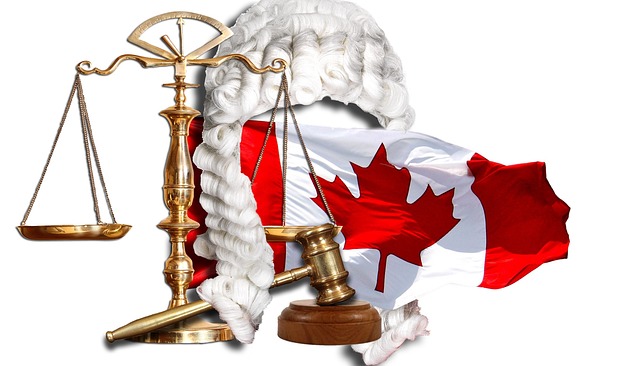Probate administration involves managing and distributing a deceased's estate according to their will or legal intestacy rules. Legal aid is crucial for accuracy, fairness, and protecting beneficiaries' rights in probate. Underserved communities often face obstacles in probate due to limited access to legal aid, leading to unfair outcomes. Enhancing access to legal aid empowers these communities and ensures equitable probate processes, with organizations offering specialized assistance and guiding clients through complex procedures to secure just outcomes.
In the intricate world of estate settlement, fair treatment during probate cases is paramount. This article delves into the core principles of probate administration basics, shedding light on how underserved communities often encounter unique challenges. We explore the critical role of legal aid in advocating for equity, ensuring that all parties involved have access to justice and a voice in the process. Understanding these dynamics is essential for navigating probate with fairness and integrity.
- Understanding Probate Administration Basics
- Challenges Faced by Underserved Communities
- The Role of Legal Aid in Ensuring Fair Treatment
Understanding Probate Administration Basics

Probate administration involves the process of managing and distributing a deceased person’s estate according to their will or, if there is none, the laws of intestacy. It’s a crucial legal procedure that ensures fairness in the disposition of assets, especially when disputes arise among beneficiaries. The basics include identifying and valuing assets, paying off debts and taxes, and distributing the remainder as per the deceased’s wishes.
Seeking legal aid in probate administration is essential to ensure accuracy and fairness. Legal professionals specializing in this area can guide beneficiaries through complex procedures, representing their interests to protect their rights and ensure they receive their rightful share of the estate. This is particularly important given the potential for disputes over will validity, inheritance distribution, and the management of assets.
Challenges Faced by Underserved Communities

Underserved communities often face significant challenges when it comes to probate administration, a process that can be complex and overwhelming for those without adequate resources or legal knowledge. Barriers include limited access to legal aid services, making it difficult for individuals from marginalized backgrounds to navigate the intricate legal procedures involved in settling estates. This lack of representation can result in unfair treatment, where vulnerable parties may not fully understand their rights or the potential consequences of probate decisions.
The impact is profound, leading to situations where cultural heritage and family assets might be overlooked or improperly distributed. Access to legal aid is crucial for ensuring these communities have a voice, promoting transparency, and upholding justice during probate processes. By providing specialized assistance, legal aid organizations can empower underserved individuals, foster equitable outcomes, and preserve the integrity of probate administration.
The Role of Legal Aid in Ensuring Fair Treatment

Access to justice is a cornerstone of any equitable society, and this is no less true in the realm of probate administration. Legal aid plays a pivotal role in ensuring fair treatment for all parties involved in probate cases, from beneficiaries to executors. By providing legal representation to those who cannot afford it, legal aid organizations empower individuals to navigate complex legal processes, protect their rights, and secure just outcomes.
In probate, this means assisting clients with understanding their legal rights, contesting will validity, ensuring fair distribution of assets, and upholding the integrity of the process. Qualified attorneys can offer guidance tailored to each client’s unique circumstances, fostering a more transparent and equitable system. This access to specialized knowledge and advocacy is particularly crucial for vulnerable populations, ensuring they receive fair treatment within the legal framework of probate administration.
